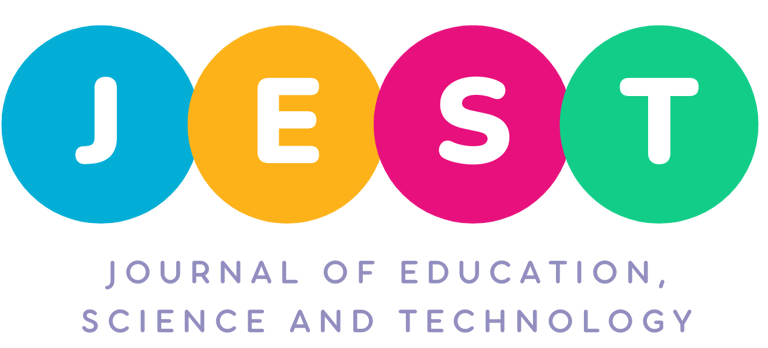Bridging Epistemologies: A University-Led Co-Designed Framework Integrating Indigenous Knowledge and Atmospheric Science for Environmental Sustainability in Nigeria
This study developed a university-led framework integrating Indigenous Knowledge with Atmospheric Science to promote sustainability in Nigeria, enhancing education, reducing environmental harm, and shaping climate policy while advancing the SDGs through cultural collaboration
Abstract
Environmental sustainability initiatives in Nigeria are limited by an epistemological divide between Indigenous Knowledge (IK) systems and Atmospheric Science. This study developed, implemented, and validated a universitybased capacity-building framework—encompassing curricular and community engagement elements—at Adeyemi Federal University of Education (AFUED) to bridge this gap. Using a 12-month transformative mixed-methods approach, the project engaged 48 IK holders, 32 faculty, 217 students, and 12 policy stakeholders. Key interventions included co-creating five interdisciplinary courses embedding cultural frameworks (e.g., Yoruba awọsanma cloud classification) into science curricula and community projects integrating traditional practices with modern technologies. Results demonstrated transformative outcomes: Educational impact included a 43.6% increase (p<0.001) in students’ capacity to design interdisciplinary environmental solutions and a 94% rise in faculty confidence in IK integration. Environmental efficacy was demonstrated through two key outcomes: an 18.7% PM₂.₅ reduction (p<0.01) in Ikare-Akoko—achieved by aligning traditional burning bans with atmospheric inversion periods—and a 23% decrease in deforestation rates within agroforestry corridors, which preserved 29% more endemic species than conventional reserves. IK validation showed strong statistical correlations with instrumental data (e.g., ρ=0.85 between ant colony behavior and rainfall predictability). Policy impacts included integrating evidence into Nigeria’s 2027 National Climate Change Policy, mandating IK inclusion in adaptation planning. Traditional Knowledge Labels preserved cultural sovereignty over 48 practices. The study establishes that deliberate IK-science integration enhances pedagogy, generates ecological co-benefits, and advances epistemic justice. The framework provides a replicable model for achieving SDGs 4 (Education), 13 (Climate Action), and 15 (Life on Land) in the Global South.
Keywords: Indigenous Knowledge, Atmospheric Science, Environmental Sustainability, Decolonial Pedagogy, Policy Integration, Nigeria, SDGs
Citation: Akintunde S.A. & Akinnubi R. T. (2025). Bridging Epistemologies: A University-Led Co-Designed Framework Integrating Indigenous Knowledge and Atmospheric Science for Environmental Sustainability in Nigeria. Journal of Education, Science and Technology 2025, (1) 1.64-75.
COPYRIGHT © 2025 Akintunde & Akinnubi. This is an open-access article distributed under the terms of the Creative Commons Attribution License (CC BY). The use, distribution or reproduction in other forums is permitted, provided the original author(s) and the copyright owner(s) are credited and that the original publication in this journal is cited, in accordance with accepted academic practice. No use, distribution or reproduction is permitted which does not comply with these terms.
